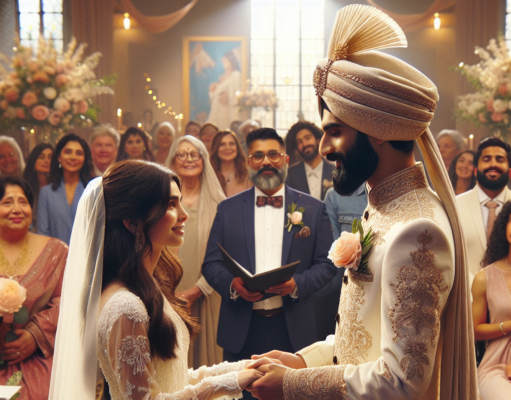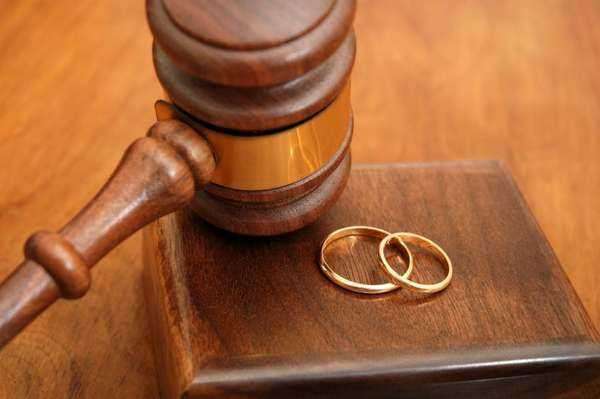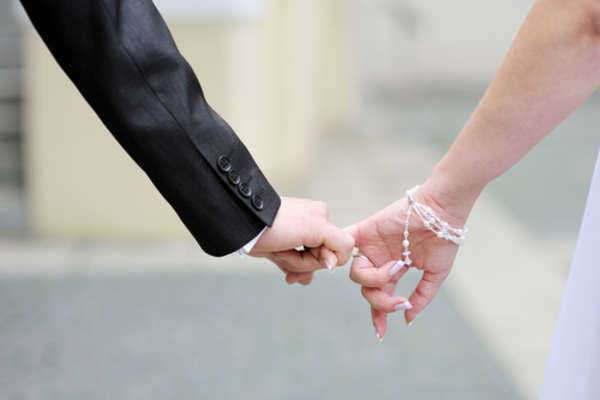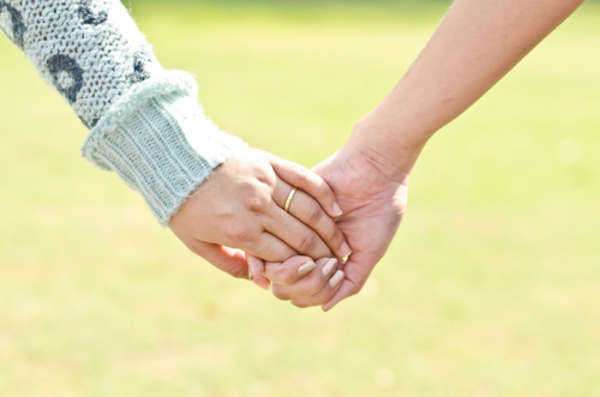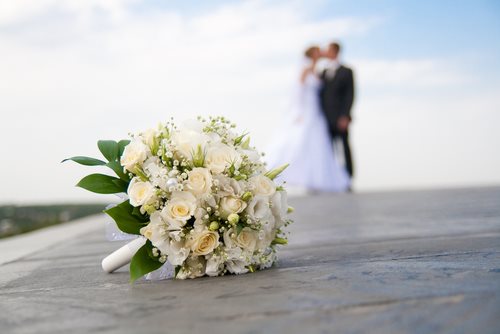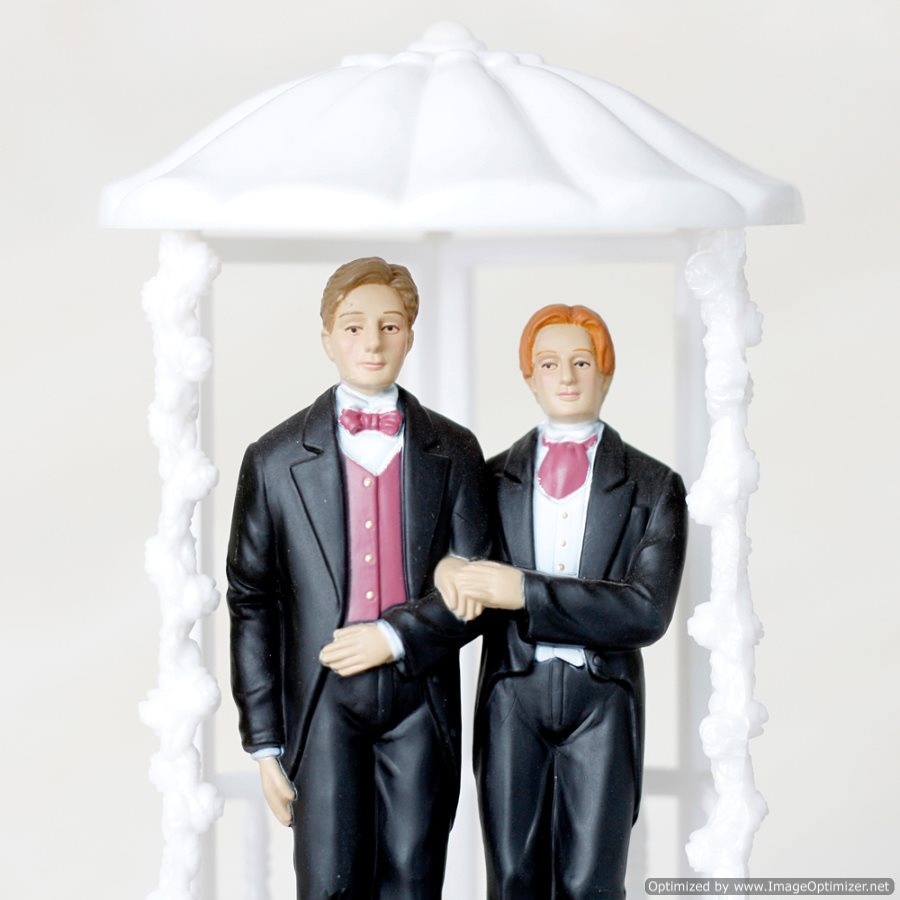Annulment of Marriage in Puerto Rico

Guide to Annulment of Marriage in Puerto Rico
Most marriages end when one partner dies or when the spouses divorce. However, in some cases, if a marriage was not valid at the time when it was contracted, an annulment of marriage in PR may be granted. Annulment of marriage in Puerto Rico is significantly different from divorce: while divorce recognizes the previous validity of the spousal relationship, when a marriage is annulled the courts consider it retroactively void. This guide will teach you more about annulment of marriage in PR, but for legal advice on your specific situation you should talk to a divorce attorney.
Grounds for Annulment of Marriage in Puerto Rico
In order to obtain an annulment of marriage in PR, you must be able to show that your marriage was void or voidable at the time when it was contracted. For instance, you may be able to show that the marriage contract was not valid because one spouse entered into the marriage under duress, or was defrauded into marrying. In order to attain an annulment of marriage in Puerto Rico for a fraudulent marriage, you must stop living with your spouse as soon as reasonably possible when you find out about the fraud.
You may also be able to seek an annulment of marriage in PR if one partner lacked the ability to consent, due to age or mental incapacity. Incestuous marriages are also considered void, and if you discover you are married to a person who is closely related to you, you can obtain an annulment of marriage in Puerto Rico virtually automatically by providing proof of the familial relationship.
Obtaining an Annulment of Marriage in Puerto Rico
In order to get an annulment of marriage in PR, you will need to go to court and seek a “Declaration of Nullity of Marriage.” Because annulment of marriage in Puerto Rico can be a somewhat difficult process, especially if you need to prove duress or fraud has occurred, it may be a good idea to obtain a lawyer's services before you begin seeking your annulment. After you file for the declaration of nullity of marriage, you will be given a hearing where evidence about your marriage may be presented. The judge in your case will decide whether to grant you an annulment of marriage in PR.
Alternatives to Annulment of Marriage in Puerto Rico
Not all marriages may be annulled, even those that lasted only a short time. If you are unable to attain an annulment of marriage in PR because you do not have grounds for an annulment, you may still want to pursue a no-fault divorce. In fact, in many cases, a no-fault divorce will have the same results as an annulment of marriage and will be different in name only. It is also substantially easier to obtain a no-fault divorce than an annulment, especially if you and your spouse can agree about how to divide all of your property.

